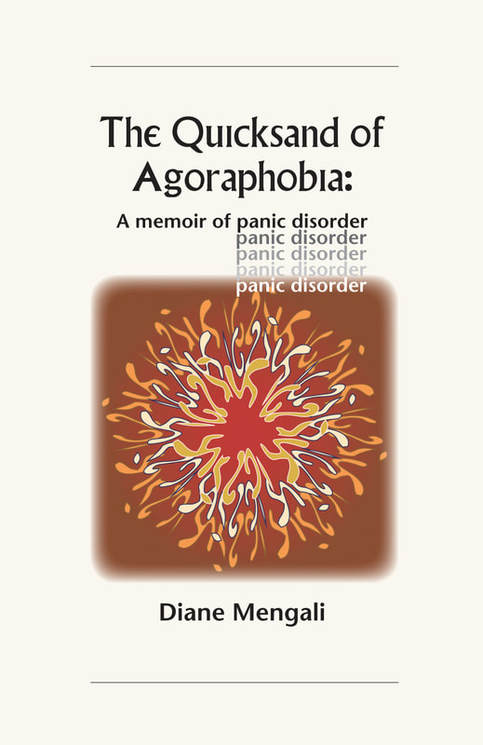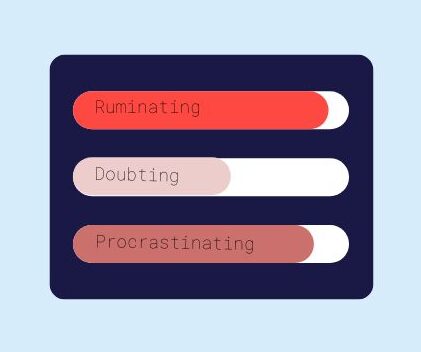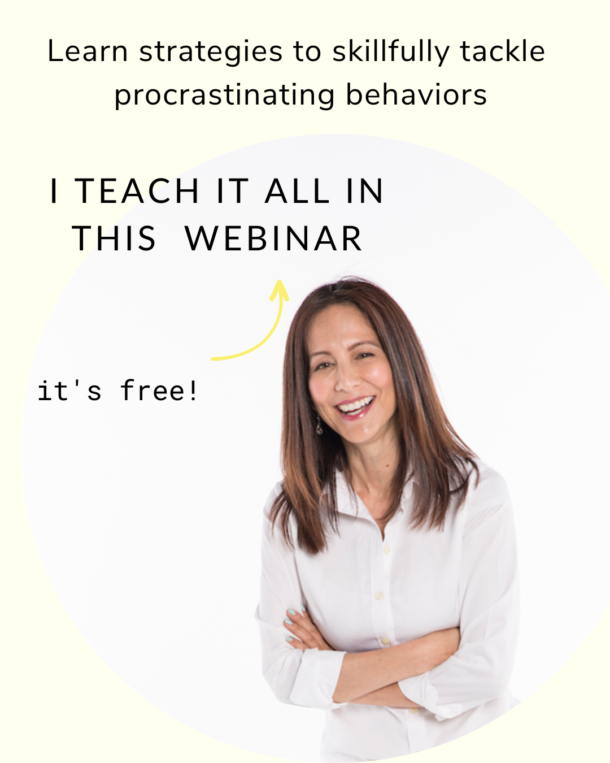
Quicksand of Agroaphobia, by Diane Mengali
We had a wonderful talk with Diane Mengali, author of The Quicksand of Agoraphobia. She was very warm and open in sharing her experience, for which we are very grateful. We have revised the interview into four parts, to be released monthly. This is the third post. To read the first and second, click here and here.
– A lot of people are worriers. How do you distinguish “normal” worry from problematic worry, and what would you suggest as a starting point for people who think they might have an issue with their worrying thoughts?
Normal worry is an instigator to take action to solve a problem. If you worry about driving on bald tires and end up with a flat tire, you solve the problem by buying new tires, which ends that worry. Normal worry may involve either a singular issue or a few worries that can be solved with action, not by rumination.
Problematic worry is general worry that interferes with one’s life. It’s worry that takes on a life of its own. As my panic and avoidance behavior progressed to the point where I couldn’t stand in lines, avoided large buildings and crowds, couldn’t shop in a store, and had to sit in aisle seats in theaters, I worried constantly about ways to circumvent any uncomfortable situation that might arise.
I worried about my mother, I worried about everything that could go wrong in daily life. This chronic worrying resulted in the “what ifs” and catastrophic thinking. Everything became a potential problem with a catastrophic outcome. I had crossed the line from normal worry into obsessive, problematic worry.
For anyone who has an issue with worrying thoughts, I’d suggest finding a therapist immediately who specializes in anxiety disorders. The sooner an issue is confronted, the better. If problem thinking goes unchecked, it can lead to more serious, life-altering behaviors that may take longer to resolve.
To read more of her story, you can visit her website here, or take a look on Amazon here.







